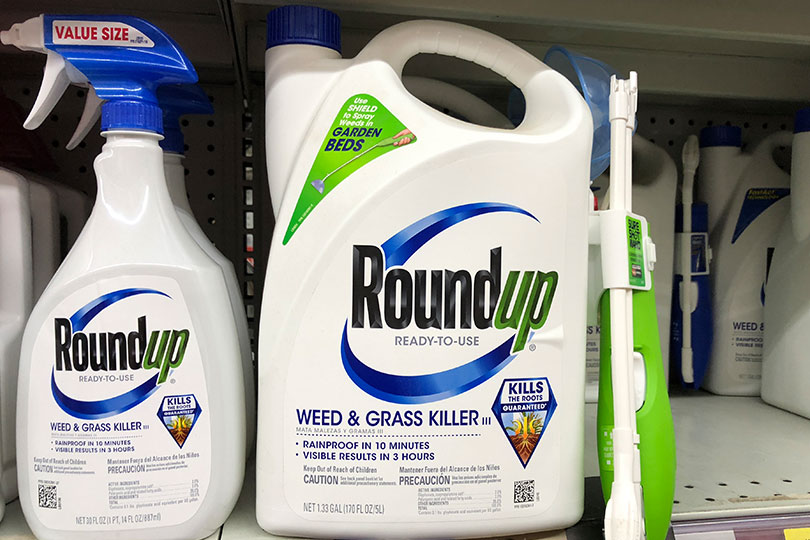By Jennifer Dorsett
Field Editor
Bayer announced it has reached a formal agreement with plaintiffs’ class counsel on a class plan to manage and resolve future Roundup-related litigation.
Thousands of plaintiffs have alleged in recent years Monsanto’s glyphosate weedkiller product, Roundup, causes non-Hodgkin’s lymphoma. Bayer AG is the parent company of Monsanto.
Plaintiffs’ class counsel filed a motion in response for a preliminary approval of the class agreement with Judge Vince Chhabria of the U.S. District Court for the Northern District of California.
Chhabria has overseen the issue since hundreds of individual lawsuits were consolidated into a multi-district litigation.
Under the agreement, Bayer has committed to paying up to $2 billion to support claims and programs covered by the class plan.
“The class plan is intended to be one part of a holistic solution designed to provide further closure to the Monsanto Roundup litigation,” the company said in a statement.
The plan includes the establishment of a compensation fund for qualified claimants during an initial four-year period. Over that time, qualifying class members will be eligible for different levels of compensatory awards.
Bayer will create an advisory science panel whose findings “would not be preclusive” but could be used as evidence in potential future litigation involving class members, as well as a robust notification program. Research and diagnostic programs are also part of the agreement.
Bayer is seeking permission from the U.S. Environmental Protection Agency (EPA) to add reference links on glyphosate-based products that provide consumers with access to scientific studies and information the company is at liberty to disclose or is in the public domain.
Farmers, ranchers, homeowners and other consumers across the nation have widely used glyphosate to control noxious weeds since Roundup was first registered by EPA in 1974.
It is one of the most widely used agricultural and consumer herbicides in the U.S. and around the globe, according to the U.S. National Center for Biotechnology Information, a division of the National Institutes of Health.
Last year, EPA reaffirmed its 2019 decision that glyphosate is not carcinogenic and poses no risk to human health when used according to label directions.
Multiple other regulatory bodies have reached the same conclusion.
“EPA’s cancer classification is consistent with other international expert panels and regulatory authorities, including the Canadian Pest Management Regulatory Agency, Australian Pesticide and Veterinary Medicines Authority, European Food Safety Authority, European Chemicals Agency, German Federal Institute for Occupational Safety and Health, New Zealand Environmental Protection Authority, and the Food Safety Commission of Japan and the Joint Food and Agriculture Organization/World Health Organization (FAO/WHO) Meeting on Pesticide Residues (JMPR),” EPA’s website says.

